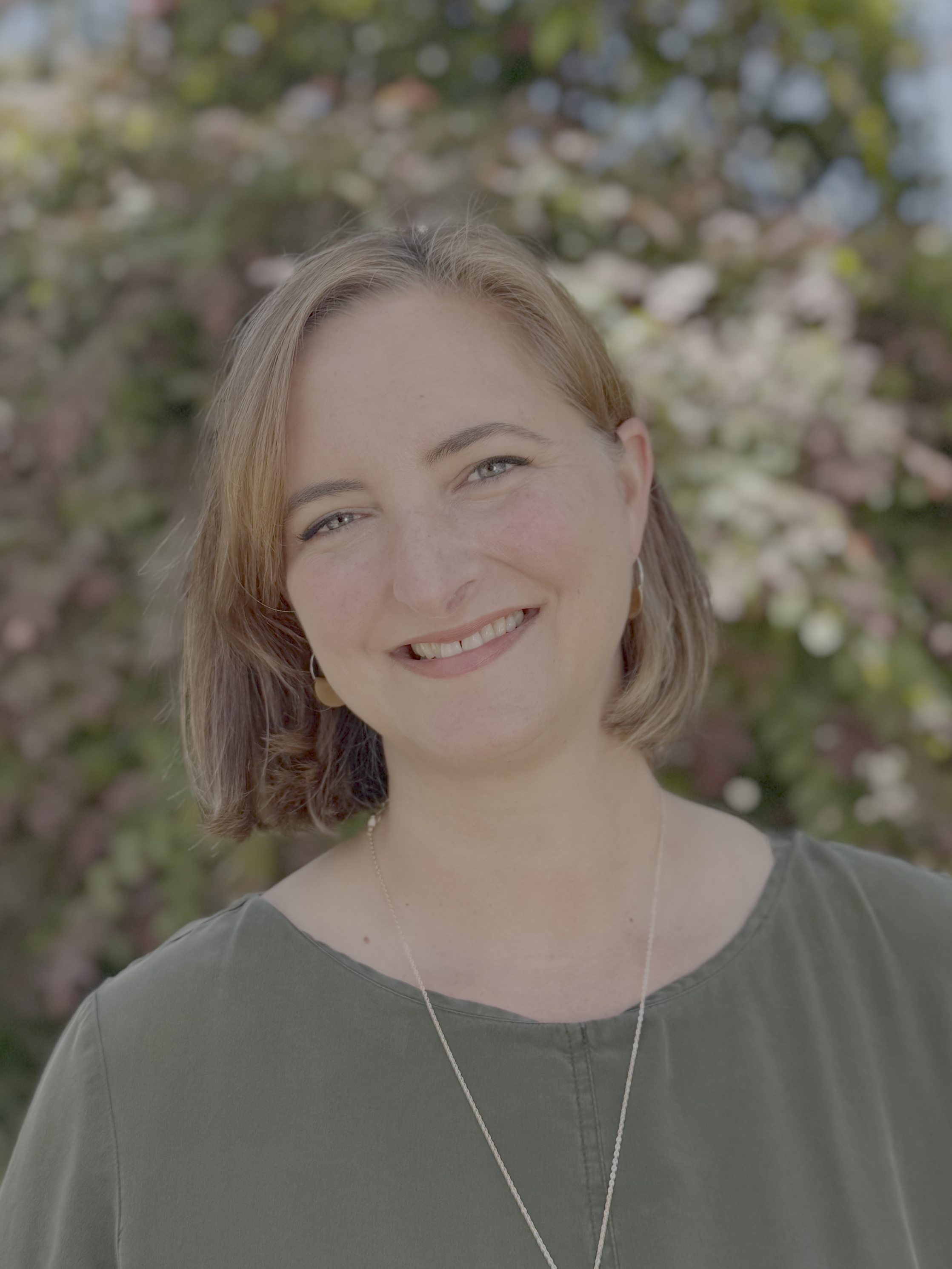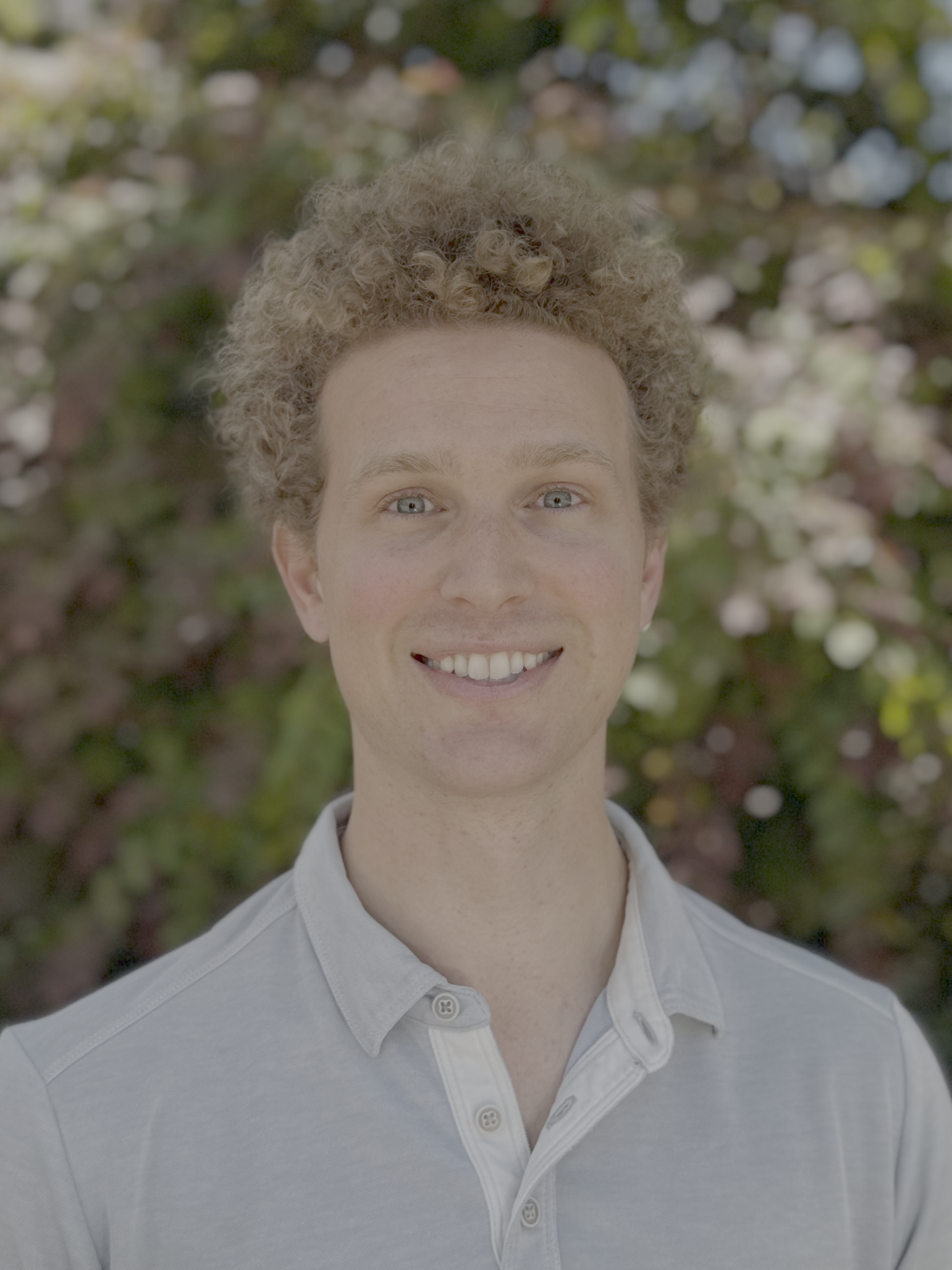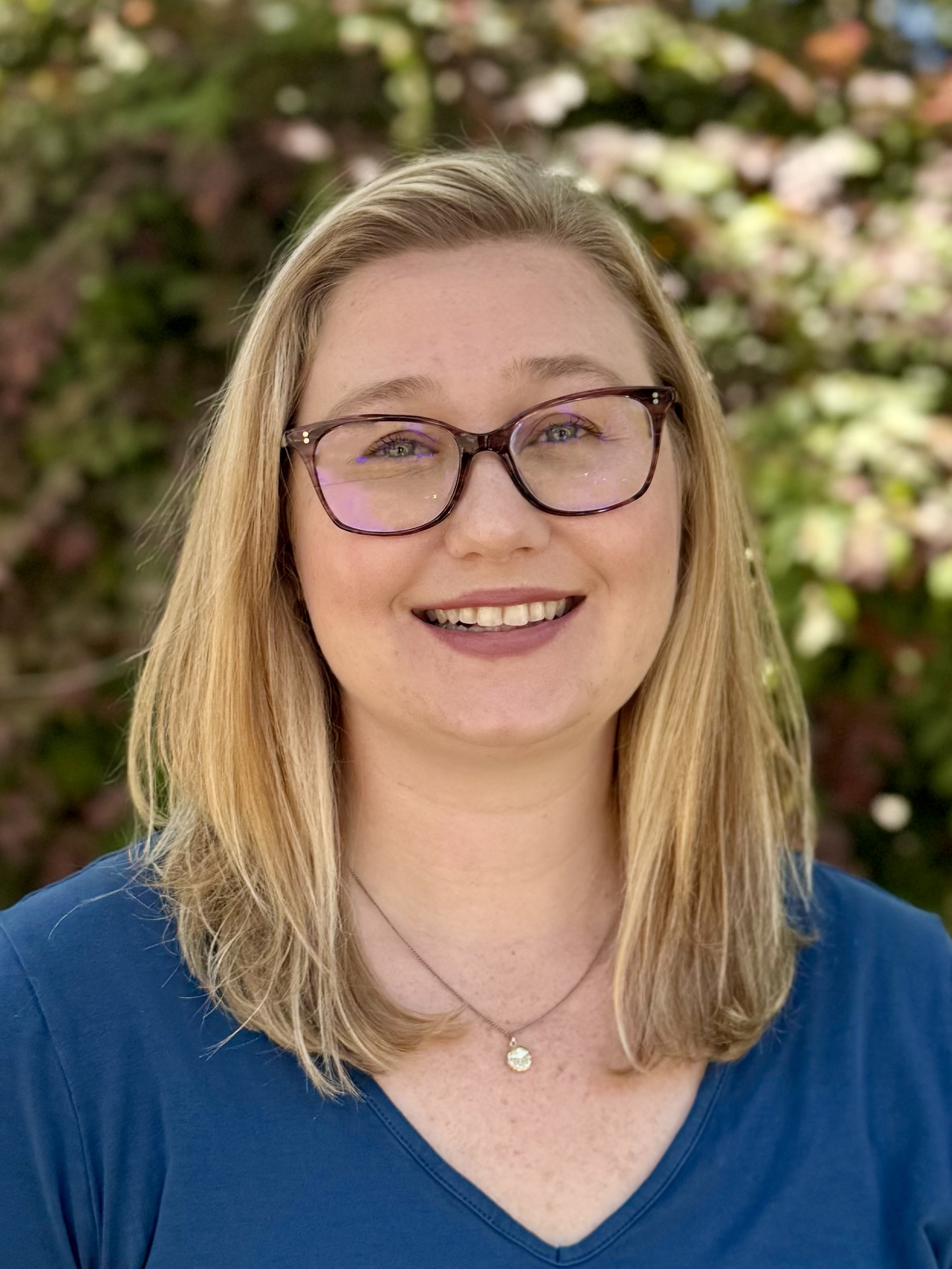Our Mission
Connecting fermented foods, microbes, and their metabolites to health benefits.

Making the benefits of fermentation accessible to all
We're bridging ancient traditions and modern science to unlock the health potential of fermented foods through research, education, and product innovation.
Microbes have always interacted with our food and our biology
Fermented foods aren't just preserved, they're transformed. From cheese to kimchi, microbes in fermented foods reshape ingredients into more flavorful, digestible, and nutrient-rich forms. Each fermented food has its own unique combination of microbial species and metabolites, a little world, or microcosm. Within these microcosms are myriad bioactive compounds that support health, many yet to be discovered.
Learn
What We're Learning
Science is revealing just how powerful these foods can be
Our research is focused on mapping the connections between microbes, metabolites, and human biology to uncover their impact on inflammation, digestion, and beyond.
Sharing What We Know
Bringing fermentation science to more people
We believe knowledge should be as accessible as food. We’re making the science of fermentation easier to understand and more exciting to explore.
Team
Rachel Dutton
Founder
An authority on fermented food microbiomes, Rachel is known for her pioneering research on the microbial ecosystems of cheese. She led academic labs at Harvard and UC San Diego, and has brought the science of fermentation to wider audiences through public speaking and appearances on Netflix's Cooked and Ada Twist, Scientist. A former Packard Fellow, Pew Scholar, and NIH New Innovator awardee, Rachel holds a PhD from Harvard Medical School and now leads Microcosm Foods to make fermentation's health benefits more accessible to all.
Chantle Edillor
Fermented Foods Scientist
Chantle is a trained human geneticist-turned-microbial mouthpiece. Her postdoctoral work with Leonid Kruglyak focused on yeast-bacteria interactions in fermented foods as an evolutionary and genetic trait. Chantle currently combines her passion for microbial foods with her PhD training in macrophage biology to assay fermented foods for anti-inflammatory or immune modulating activity. Outside of the lab Chantle is also a moderator of the r/fermentation Reddit community and enjoys talking to her sourdough starter like a houseplant.
Matthew Schertler
Associate Scientist
Matthew is an enthusiastic scientist and all-arounder in the labs for Microcosm Foods. He received his undergraduate and master’s degrees from Brown University, focusing on Applied Mathematics and Biotechnology, and has since focused his career on connecting plants and food to human health.
Elizabeth McDaniel
Computational Biologist
Elizabeth earned her PhD in Microbiology from the University of Wisconsin - Madison, where she used multi-omics approaches and lab-scale bioreactors to study phosphorus removal in wastewater. She is passionate about open science and teaching others how to incorporate reproducible research practices into their work. At Microcosm Foods, she combines comparative metagenomics with macine learning to identify bioactive properties in fermented foods.
Reach out
Or, hear from us
Sign up for our newsletter to get the latest research and updates from Microcosm Foods.



